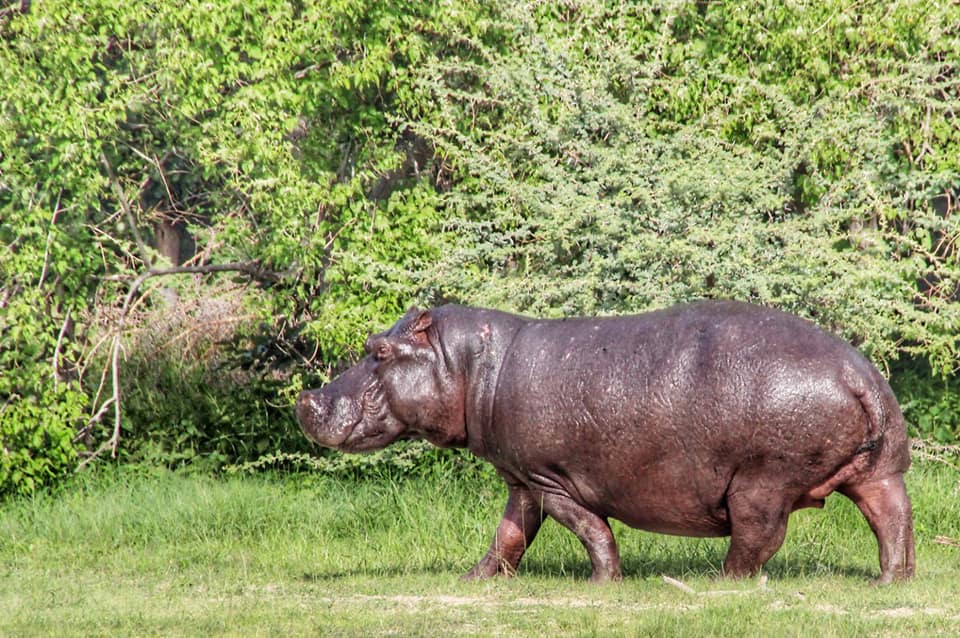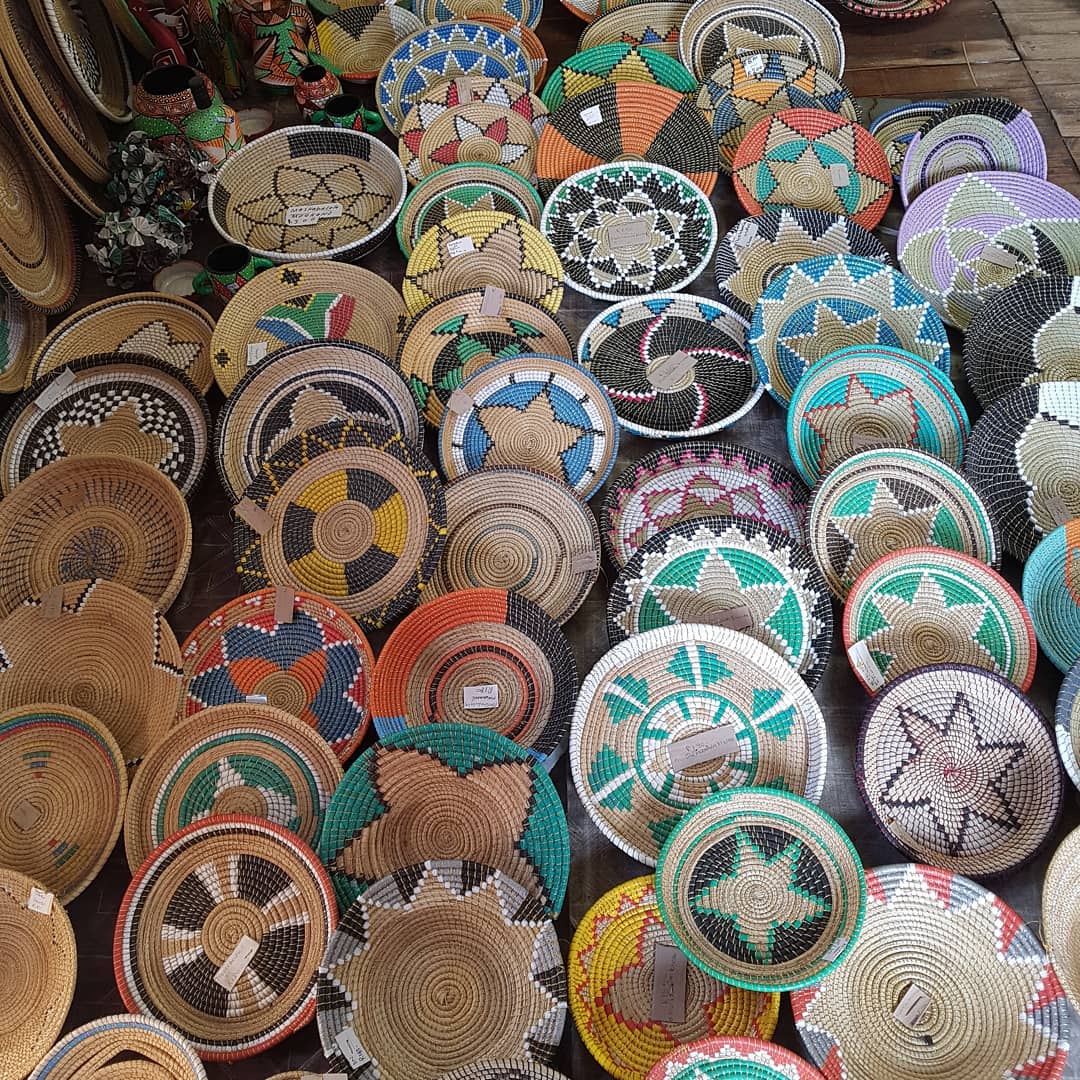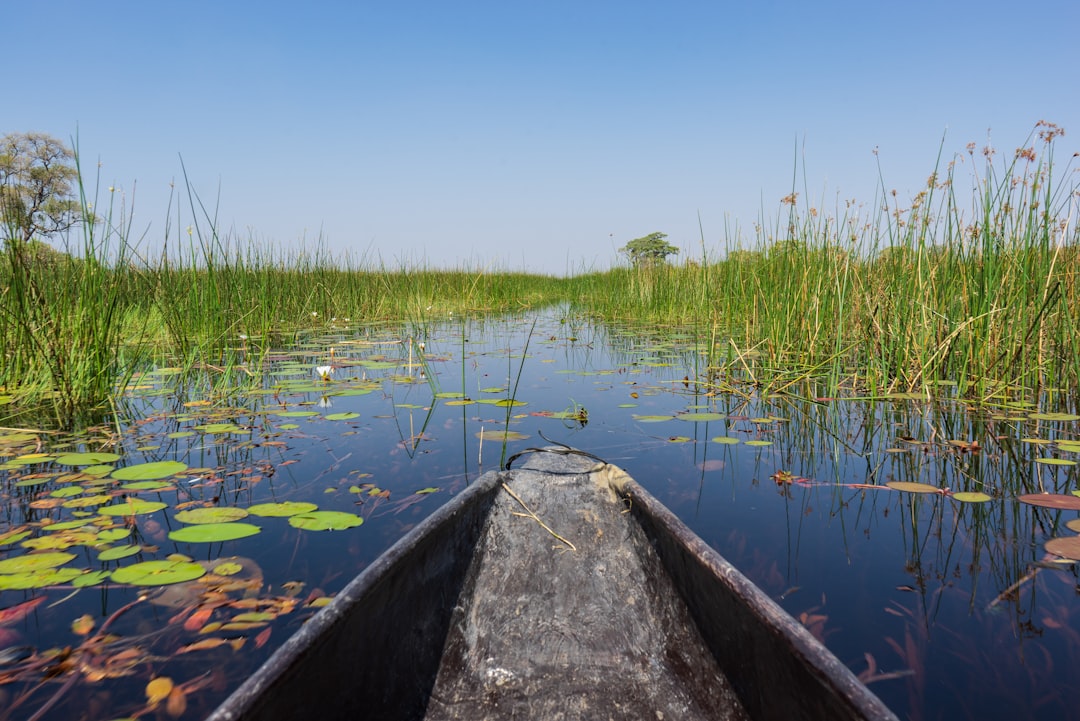
Okavango Delta
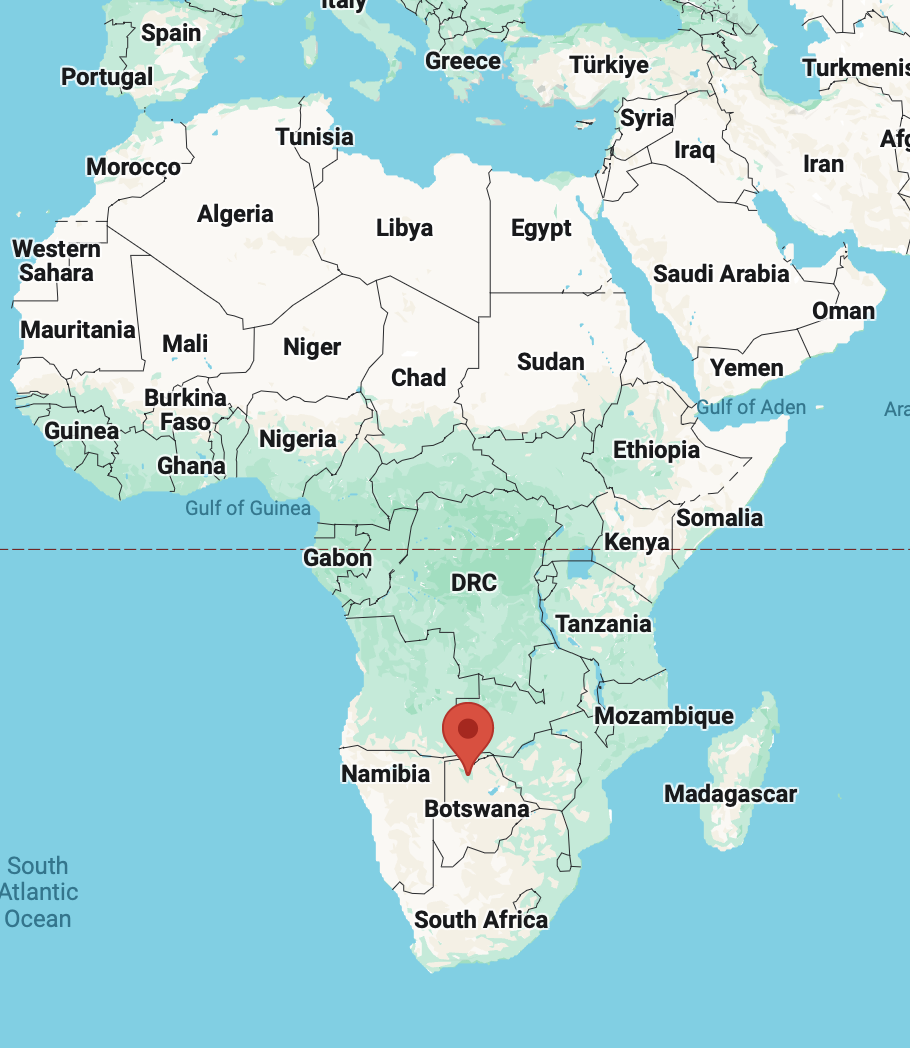
Credit: Google Maps
Where is the Okavango Delta?
The Okavango Delta is nestled deep within Botswana, a landlocked country in Southern Africa known for its commitment to wildlife conservation and stable democracy. Botswana itself is a vast, sparsely populated country, much of it covered by the Kalahari Desert.
The Okavango Delta, however, defies this aridity, creating a lush, life-sustaining oasis in its northwestern corner.
This has allowed it to create an astounding variety of wildlife. The unique oasis has provided the following:
1. A wide variety of mammals
2. Diverse ecosystems
3. Excellent tourist locations and destinations
What's its significance? It lies at the heart of the Kavango-Zambezi Transfrontier Conservation Area (KAZA), a vast network of protected areas spanning five countries. This location has provided many ecosystems a safe haven.
Fun Fact:* Botswana is one of the safest countries in Africa!
What is the Okavango Delta?
The Okavango Delta is the world's largest inland delta, an extraordinary and dynamic ecosystem that has earned its place as a UNESCO World Heritage Site and one of the Seven Natural Wonders of Africa.
Unlike conventional deltas that flow into the ocean, the Okavango River empties its waters onto the Kalahari Desert sands, creating a unique inland oasis.
There are a few factors and features that set this unique desert region apart, including the following:
1. Inland delta system
2. Seasonal flood cycle
3. A high amount of biodiversity
The Delta is a mix of waterways, lagoons, islands, and floodplains.
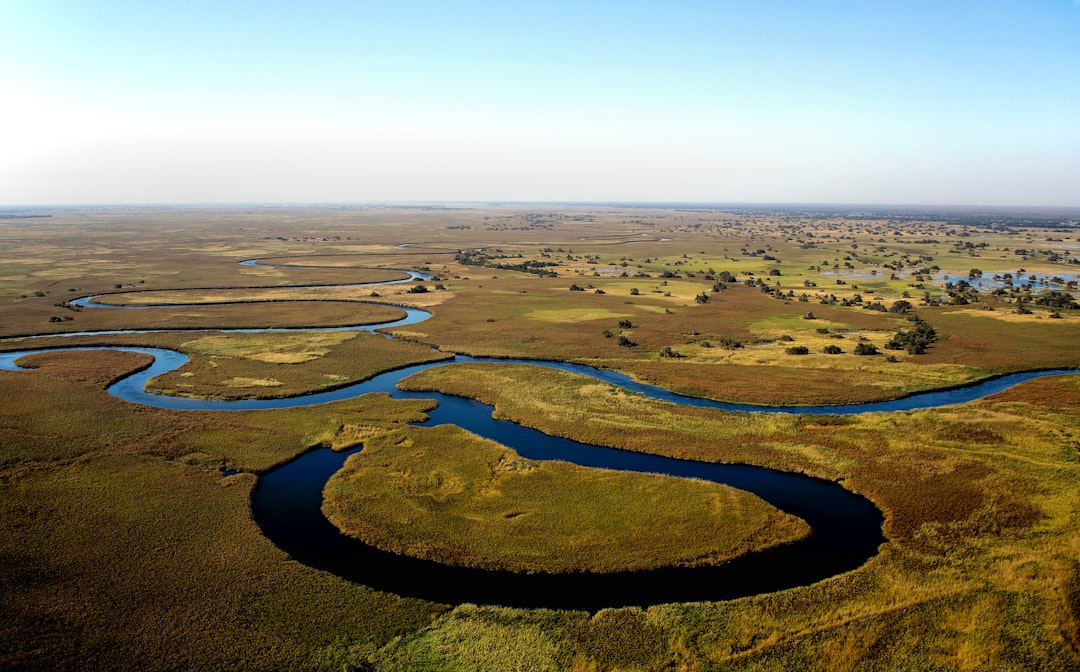
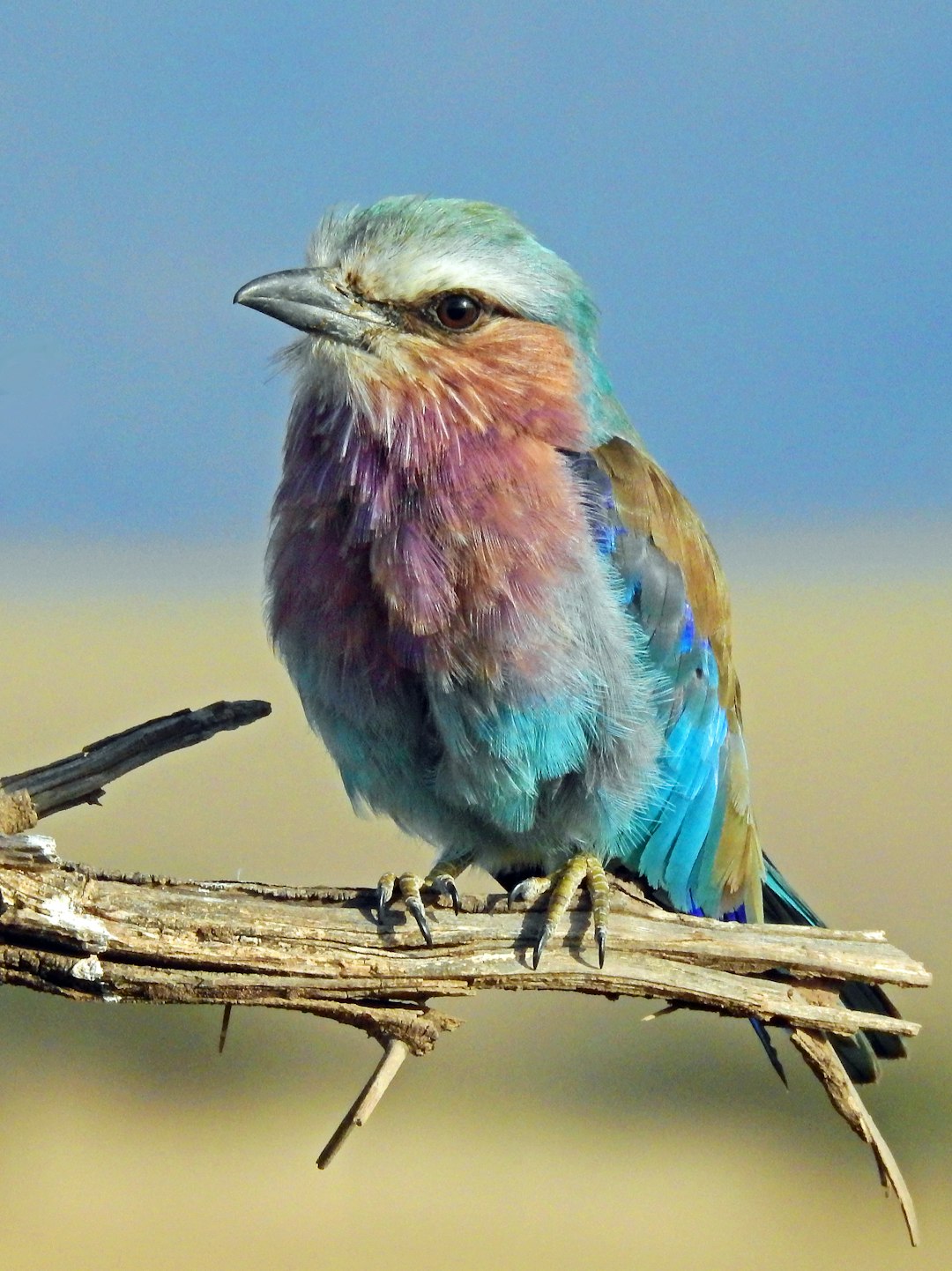
What animals live in the Okavango Delta?
The Okavango Delta is a haven for an extraordinary array of wildlife*, supporting a diverse cast of characters that have adapted to thrive in this watery wilderness. It is the destination for wildlife, from the tiniest reed frog to the largest elephant. The Delta is a place of sanctuary.
These are just a few:
Large Mammals:
* African Elephant: The Okavango is home to a sizable elephant population
* Lion: prides roam the floodplains
* Leopard: Solitary leopards prowl through riverine forests.
* African Wild Dog: The packs of African wild dogs may come and go
* Cheetah: The Cheetah has adapted to the environment
* Giraffe: The long-necked Giraffe eats the higher vegetation
* Hippopotamus: These Hippos can be seen in the waterways of the Okavango
* Red Lechwe: You may spot the Red Lechwe in shallow waters
* African Buffalo: Large herds roam, and these can be quite dangerous if provoked
* Kudu: Watch out for the Kudus!
Avian Wonders:
* African Fish Eagle
* Pel's Fishing Owl
* Saddle-billed Stork
When is the best time to visit the Okavango Delta?
The Okavango Delta's ecosystem is in a constant state of flux, changing with the seasons as floodwaters from Angola make their long journey south. This annual cycle of flooding and recession creates a dynamic landscape that supports an incredible array of plant and animal life.
Dry Season (May to October):
As the floodwaters arrive, wildlife congregates around permanent water sources, offering excellent game viewing opportunities.
Green Season (November to April):
The rains bring new life to the delta, with lush vegetation and newborn animals.
Shoulder Seasons:
April-May and October-November offer a unique blend of experiences, with changing landscapes and wildlife behavior.
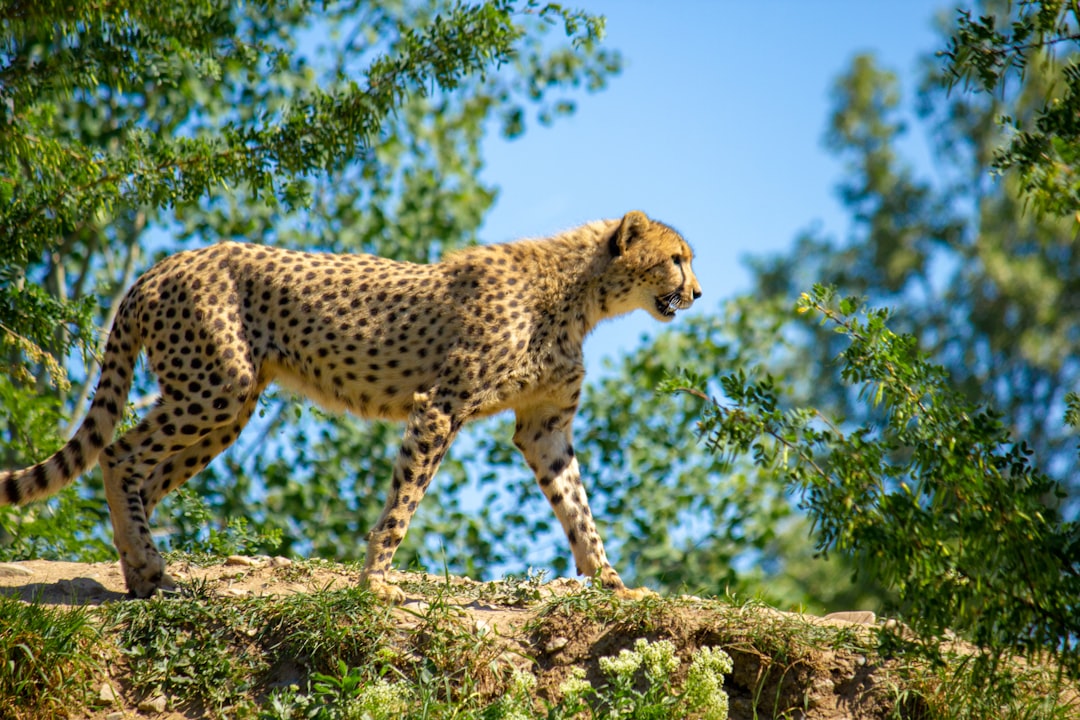

Explore the Okavango Delta
Start planning your dream safari with our expertly crafted Okavango Delta itinerary.

How to get to Okavango Delta
Reaching this remote paradise requires a bit of planning, but the journey itself is part of the adventure. Most international travelers start their journey by flying into a major hub like Johannesburg in South Africa.
Getting to the Okavango Delta involves several steps:
1. International Flight: Fly into a major airport in Southern Africa (Johannesburg or Gaborone).
2. Connecting Flight to Maun: Maun Airport (MUB) is the gateway to the Okavango Delta.
3. Light Aircraft Transfer: From Maun, take a smaller charter plane to your chosen lodge or camp.
The transfers are the most unforgettable and scenic way to view the magnificence of the Okavango!
Where to stay in Okavango Delta
The Okavango Delta offers a range of accommodations to suit different tastes and budgets*. Keep in mind that these often book up a year in advance. From luxury lodges to secluded campsites.
Here are a few options to consider:
Luxury Lodges:
These offer a high level of service and often include guided safaris, gourmet meals, and stunning views. You will be transported to a world of pure comfort!
Tented Camps:
Tented camps offer a more immersive experience, as you will be able to have a natural view of the beauty!
Mobile Safaris:
Offered by tour operators these safaris on the move, allow visitors to get varied experiences that span across a unique space.
Remember, the experience itself is the most important aspect.* The key thing to keep in mind is that you create an experience that is truly one of a kind.
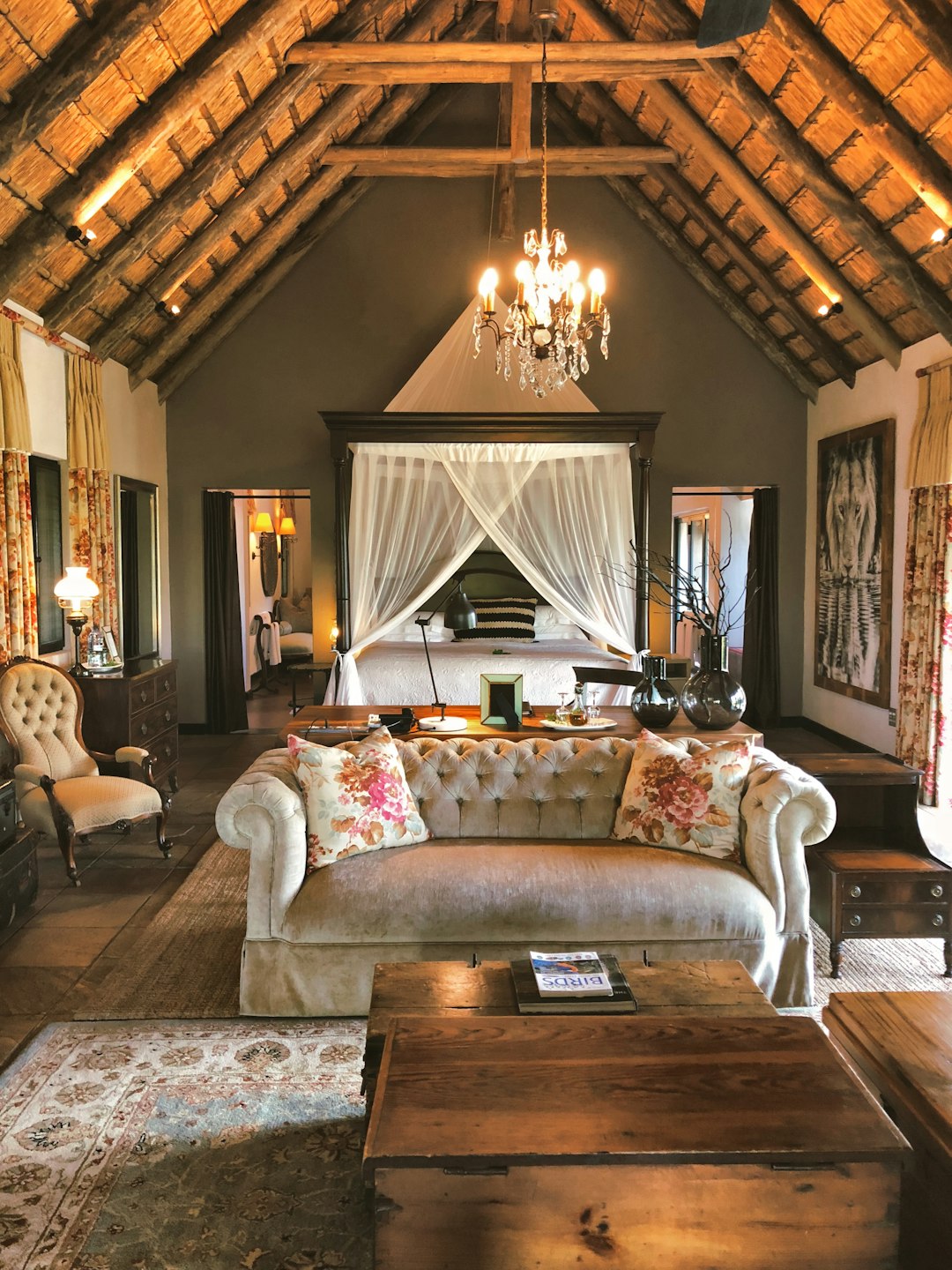

Activities Options
The Okavango Delta offers a diverse range of safari activities, each providing a unique perspective on this extraordinary ecosystem:
Mokoro Safaris:
Glide silently through the waterways, getting up close to wildlife without disturbing them.
Game Drives:
Explore the islands and floodplains in search of big game.
Walking Safaris:
Experience the delta on foot, learning about its smaller inhabitants and ecosystem.
Boat Safaris:
Cover more ground and access deeper channels in motorized boats.
Helicopter Flights:
Gain a bird's eye view of the delta's intricate patterns and vast herds.
